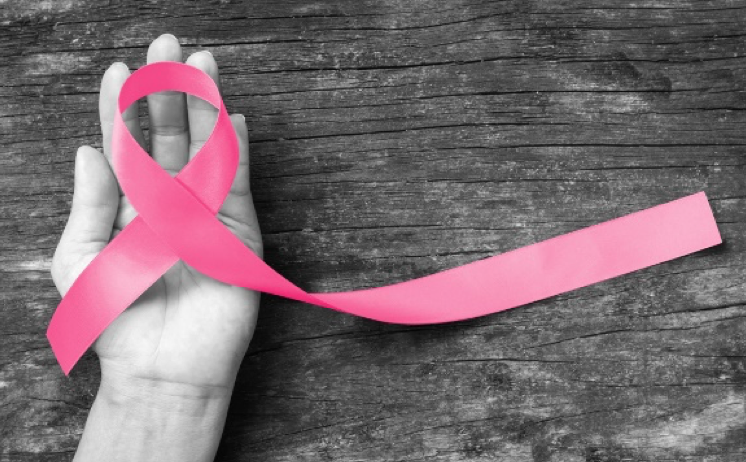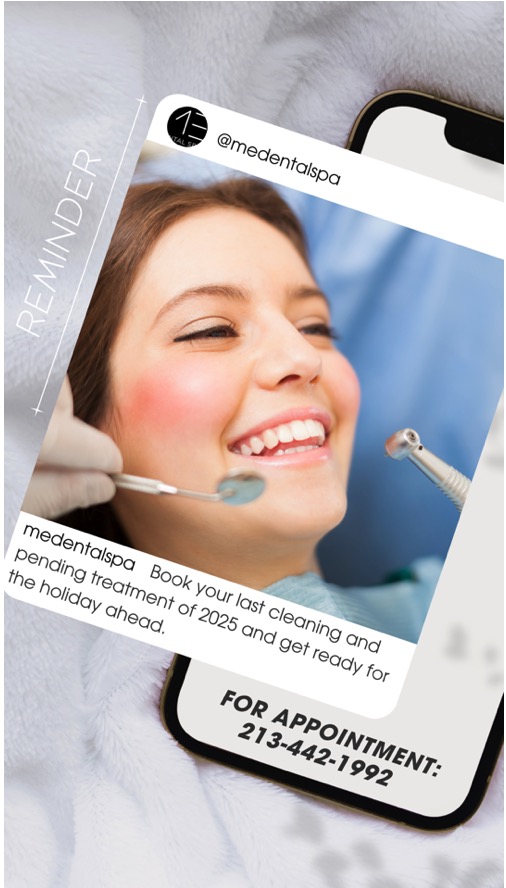WELLNESS--Every weekday for six weeks this fall, I had radiation treatment for early-stage breast cancer. This journey has been a lesson in our broken social and economic systems.
In May, I saw my obstetrician for pain in my right breast. I had already put off the visit for four months — I have a full-time job and three young children, and I kept thinking if I just waited a little longer the pain would go away.
But the hypochondriac in me had finally kicked into high gear. At an imagining appointment, I learned my right breast was healthy — the pain was nothing to be concerned about — but I had calcifications on the left breast. It was early stage cancer.
In the coming weeks, I had more mammograms, ultrasounds, breast MRIs, biopsies, and numerous consults. Each visit took many hours, so each time I had to adjust my work schedule. I had surgery in July.
The cancer was caught early, my surgery was straightforward, and recovery was relatively easy. I was lucky.
Still, the treatment process was intense. After surgery — and the extra weeks I had to take off to recover — I had more follow-up visits with a radiation oncology team. Then six weeks of radiation, five days a week.
Over the last six months, the same questions have been plaguing me.
My employer was very supportive. But what if I were an hourly or low-wage worker? My health condition could have cost me my job and the ability to financially support my family.
What if I my employer didn’t offer paid leave?
My state, New York, is a leader on paid family leave. Benefits for individuals who need to care for sick loved ones are better here than in most other states.
But benefits for sick people themselves are far from adequate. At a different company, my options would have been to use my vacation or sick days — if I had them — and receive a maximum of $170 a week for short term disability.
What if I lived in one of the many communities that lacks women’s health services? What if I relied on a Planned Parenthood clinic that closed because of politically motivated and medically unsound government restrictions? It would have almost certainly delayed my initial visit, diagnosis, and treatment.
White privilege was at work before, during, and after this process — in my doctors hearing my concerns, believing my pain, and treating me with respect. In having access to high quality care. In having insurance that was accepted by every specialist I saw.
While breast cancer rates have plateaued for white women, they continue to rise among Black women, who often experience delays in diagnosis and accessing treatment. They’re 42 percent more likely to die from the disease.
Lots of women across the United States will have the very same type of cancer I had. But because our health system is broken and unjust, many will not have the same experience I did.
Our ability to care for ourselves during a health crisis should not depend on our employers, zip code, or skin color. Each of us deserves access to quality, affordable health care and universal paid leave so we can care for ourselves without sacrificing our economic security.
And our national health conversations must center and include women. Not just women like me, but like the women whose stories won’t make it to a wider audience,
Instead, politicians are laser-focused on shuttering the health clinics that are a first line of defense, detection, care and support for so many women. That should infuriate all of us.
I’m done with radiation and done with breast cancer, but I’m not done with this fight.
(Andrea Flynn is a fellow at the Roosevelt Institute, where she researches race, gender. and economic inequality. This op-ed was adapted from a longer version at Inequality.org and distributed to CityWatch by OtherWords.org.)
-cw

















